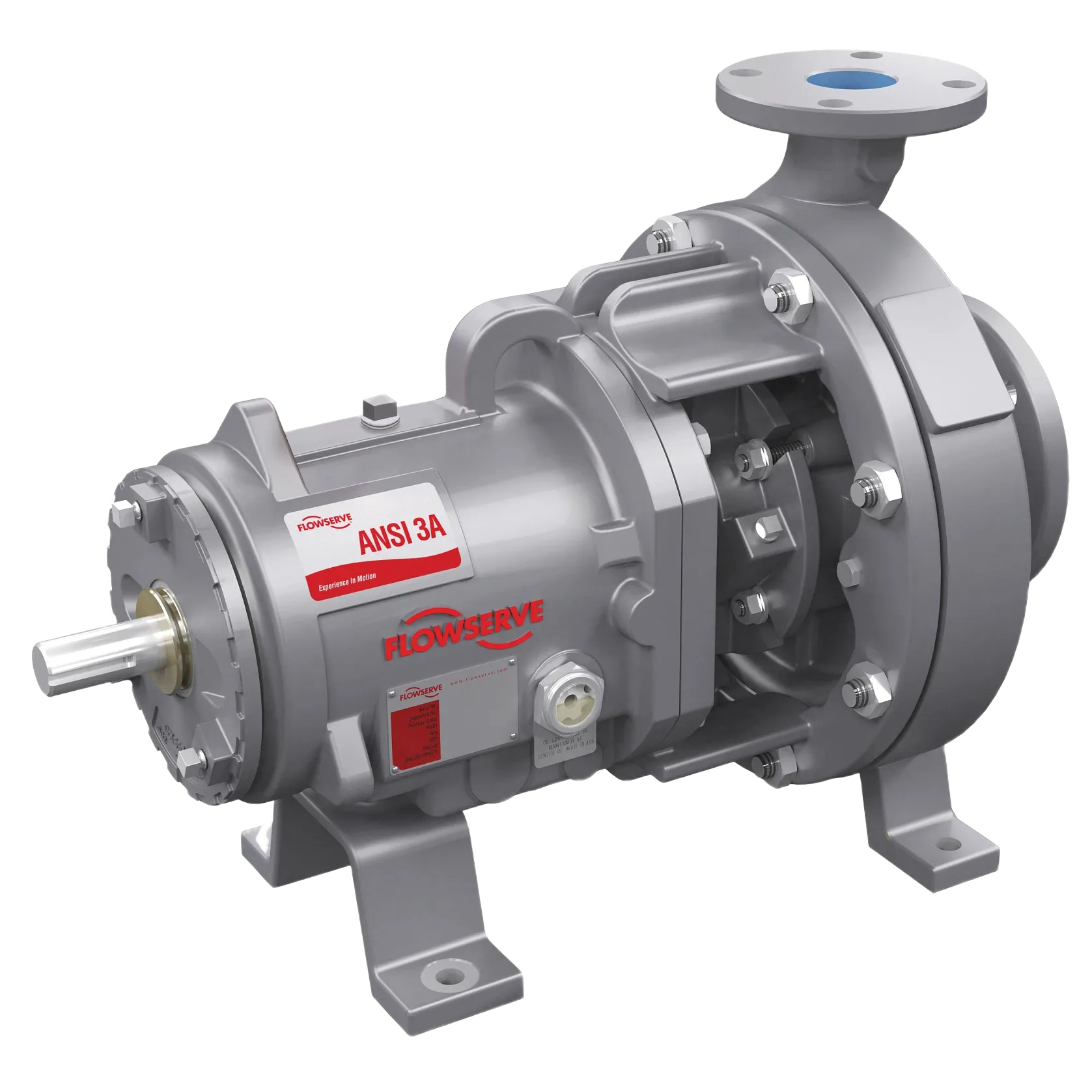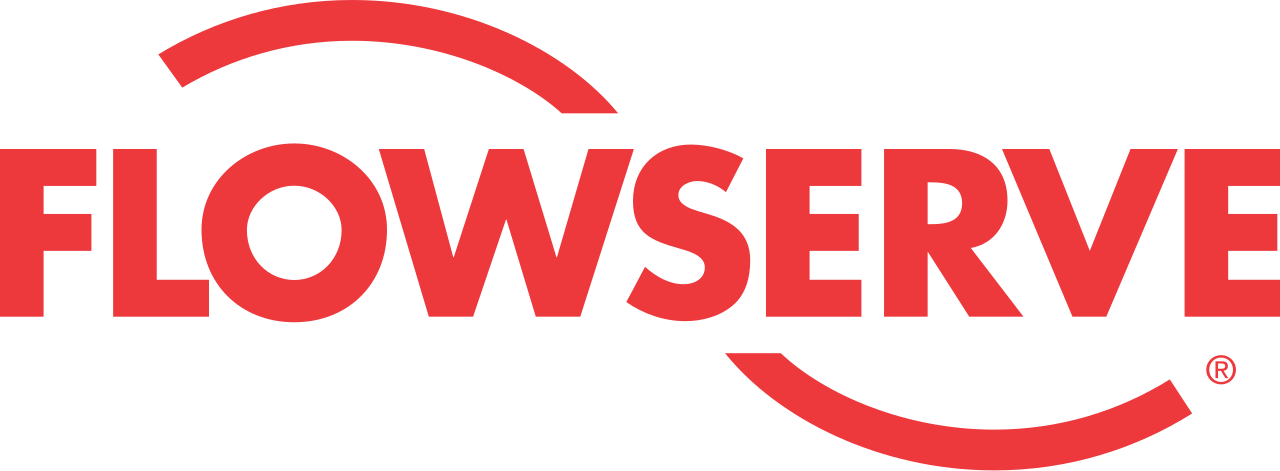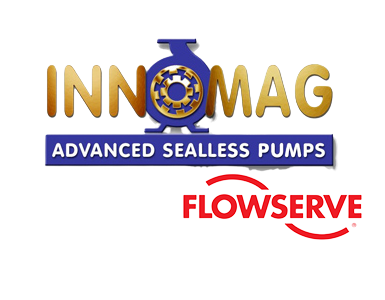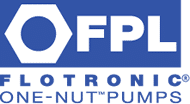Pumps
Pumps are mechanical devices which transfer fluids or gas from one point to another. They move liquid from a low pressure area to a higher pressure area and they can move liquids from a low elevation to a higher elevation.
- View All
- Actuation
- Chillers
- Heat Exchangers
- Instrumentation & Control
- Mechanical Seal
- Mixing Technology
- Other
- Process Equipment
- Pumps
- Sight Glasses
- Software
- Steam Systems
- Tank & Pipeline Ancillaries
- Tank Venting
- Valves
-
PumpsFlowserve
SIHI HEGA Multistage Centrifugal Pumps
-
PumpsFlowserve
SIHI TKH/TLH Self-Priming Centrifugal Pump
-
PumpsFlowserve
SIHI UEA Series Pump
-
PumpsFlowserve
SIHI CBT Series Pump
-
PumpsFlowserve
Flowserve LR, LRV, and LLR Axially Split Pumps
-
PumpsFlowserve
Byron Jackson SUBM Submersible Pumps and Motors
-
PumpsFlowserve
SIHI Single-Stage Liquid Ring Vacuum Pumps
-
PumpsFlowserve
SIHI LPH Two-Stage Liquid Ring Vacuum Pumps
-
PumpsFlowserve
SIHI LPH-X Liquid Ring Vacuum Pump
-
PumpsFlowserve
SIHI LEMD Liquid Ring Vacuum Pump
-
PumpsFlowserve
SIHI Dry Vacuum Pumps
-
PumpsFlowserve
SIHI Boost UltraPLUS – Dry Vacuum Pump
What are the types of Pumps?
Pumps are classified into 2 types – Rotodynamic Pumps & Positive Displacement Pumps.
1) Rotodynamic Pumps – where energy is continuously added to the liquid to accelerate its velocity.
An example of a Rotodynamic Pump is a Centrifugal Pump, where it uses kinetic energy to force fluid movement from one location to another through centrifugal force using impellers.
The Impeller designs are grouped as either radial flow, mixed flow, or axial flow depending on their hydraulic geometry.
Regenerative pumps, are centrifugal pumps but their impeller rotates in a ringlike channel with an inlet and an outlet opening.
2) A Positive Displacement Pump is where the pump is either reciprocating or rotary. In a positive displacement pump, energy is periodically added to the liquid by the direct application of force to one or more movable volumes of liquid.
Examples of a Positive Displacement Pump is a Diaphragm Pump or a Rotary Lobe Pump.
A diaphragm pump uses a combination of the reciprocating action of a rubber or teflon diaphragm and suitable non-return check valves to pump a liquid. Sometimes this type of pump is also called a membrane pump.
Rotary pumps are the most widely used positive displacement pumps and they are used to pump viscous liquids such as motor oil, syrup, and paint.
Reciprocating pumps are also among the oldest types of pumps used.

Pumps move or circulate fluids or gas within a piping system which may include vessels, a heat exchanger, valves, mixers and monitoring devices & instrumentation.
What is the difference between Industrial pumps & Chemical pumps?
Industrial pumps are process pumps which are normally used for clean /non-corroding fluids which may or may not contain solids i.e sewage.
Chemical pumps are process pumps which are generally designed for corrosive fluids, often at high temperatures and pressures. They may also contain small solids.

What is the purpose of pumps?
Pumps move or circulate fluids or gas within a piping system which may include vessels, a heat exchanger, valves, mixers and monitoring devices & instrumentation.
What are the components of a Pump?
A pump is typically made up of a bearing frame & housing, impeller, seal chamber & mechanical seal, a thrust bearing, gasket and the pump is all housed in a casing. The casing is the major stationary component of the pump and provides two major functions:
Converts velocity head from the impeller into pressure head, and guides the flow to the discharge connection.
Serves as the pressure boundary for the liquid pumped.
An impeller is a rotating component of a pump, usually made of iron, steel, aluminum or plastic, which transfers energy from the motor that drives the pump to the fluid being pumped by forcing the fluid outwards from the centre of rotation.
Pumps are fitted with some kind of sealing device to ensure a proper seal at the area where the pump shaft enters the pump casing.
Gland packing and a Mechanical Seal are two types of devices used in pumps today.
Do you have questions or comments about receiving a quote, our products, solutions and services, and support? Contact us by filling out the form.
- Andrew Bishop - tel: 083 089 1204
- Phil Soltan (External) – mob: 086 185 3782
- Adrian McSweeney – tel: 021 461 7212
- Paul-Fox Morris – tel: 021 461 7231
- Una Long (Pump & Service Support) – tel: 021 431 7200
- Tel: 021 461 7200

How we can help you?
Flexachem offers a wide range of Industrial and Chemical Pumps ranging from;
Centrifugal Pump, Diaphragm Pump, Progressive Cavity Pump, Rotary Lobe Pump, Magnetic Drive Pump, Low Shear Pump, Side Channel Pump, Multistage pump, Sanitary Pump, Sump Pump, Self-Priming Pump and Pump Accessories to offer complete reliability and low total cost of ownership.
Take a look at our video to see for yourself – “Flexachem for all your Pump Needs”.
Did you know that the Flexachem Pump team have over 100+ combined years of pump experience in Fluid Handling?
External sales: 41 years
Internal sales: 64 years
Service: 22 years.
We have internal and external product specialists who support each process and duty application. This is supported and backed-up by our Service engineers who offer in-house installation and commissioning.
If you need your pumps to be repaired – we can assist you with this. We thrive on addressing bad actors – so if you would like to have a pump system analysis carried out – just ask us!







































